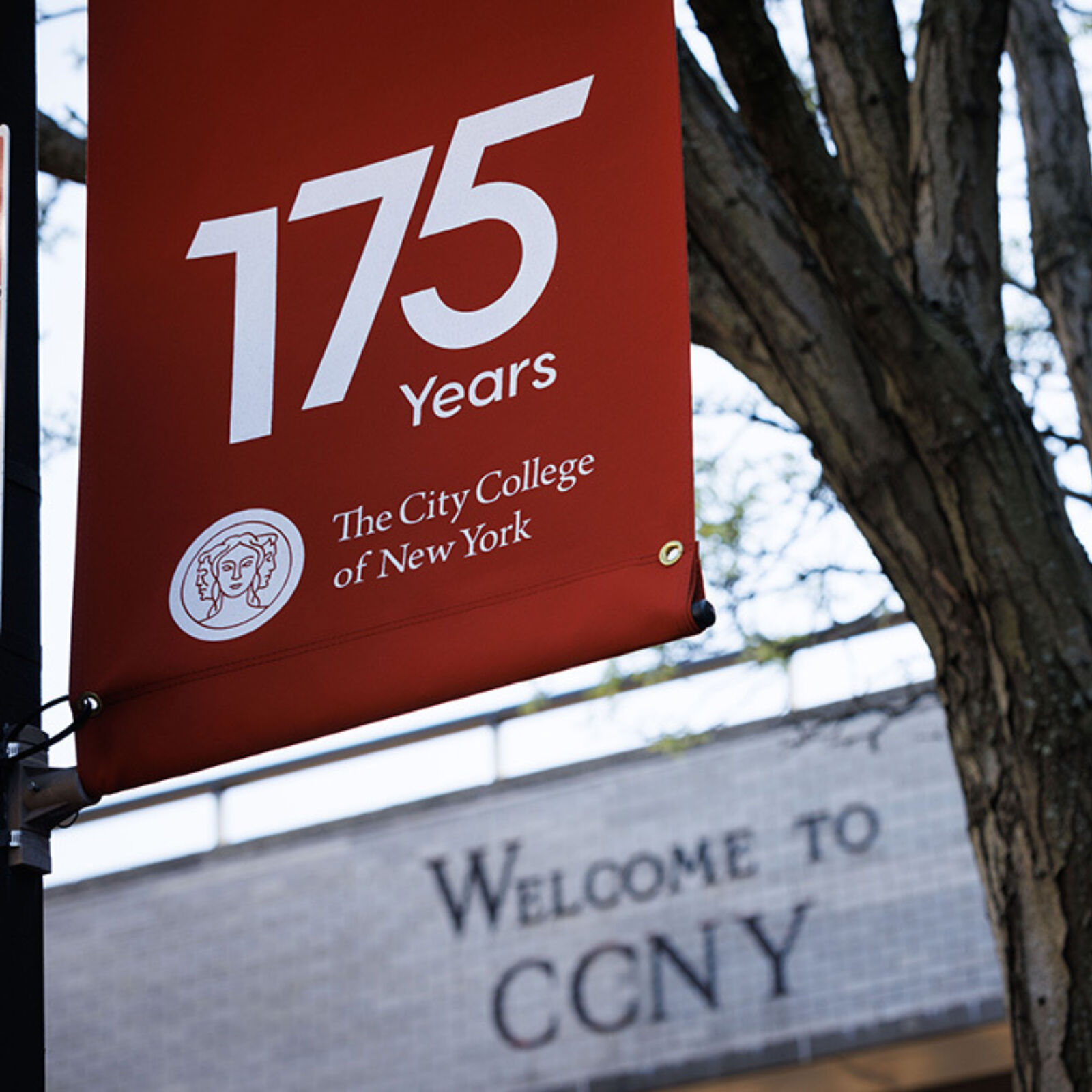
About
Advancing Public Scholarship and Public Service
The Moynihan Center at The City College of New York (CCNY) advances the twin goals of public scholarship and public service. Taking inspiration from Senator Moynihan’s celebrated career, the Center cultivates leaders who cross the boundaries between critical thinking, public service practice, and popular communication. Through signature fellowship programs and a rich slate of public events, the Center works to ensure that the next generation of public scholars and public servants reflects the diversity of viewpoints and lived experiences represented at City College and beyond.

A National Pillar of Public Education
The Moynihan Center is based in the Colin Powell School for Civic and Global Leadership at The City College of New York. Founded in 1847, CCNY is the flagship of The City University of New York (CUNY) system. City College was created as a radical effort by the people of New York to make higher education available to all, regardless of income, religion, ethnicity or background. As the first free public institution in the United States, CCNY was a big idea and a dramatic achievement that contributed to the creation of “free academies” across the United States. From its earliest moments, CCNY has been a political project, one that places a commitment to equity and opportunity through affordable education at its core.


A dynamic school for social change
With 4,000 students, the Colin Powell School is the largest student division of CCNY. It has a very special mission within the CUNY system and one that is distinctive nationally: a commitment to transforming one of the nation’s most diverse student populations into tomorrow’s global leaders. The Colin Powell School combines the social sciences with a commitment to leadership development and civic engagement, all in service to a student body that is 85 percent people of color, half immigrants, nearly two-thirds first in their families to go to college, and mostly from low-income neighborhoods.
Our
students come from communities that have historically been denied power. They
arrive with both a determination to change that and valuable perspectives on
the challenges and needs of their communities. As a school, we aspire to
prepare them to take power—and along the way, challenge systems of power —in
order to become leaders in service to the city and society.

A simple openness to alternative definitions of a problem and a willingness to concede the possibility of events taking a variety of courses. This ought to be the preeminent mode of liberalism.
Daniel Patrick Moynihan